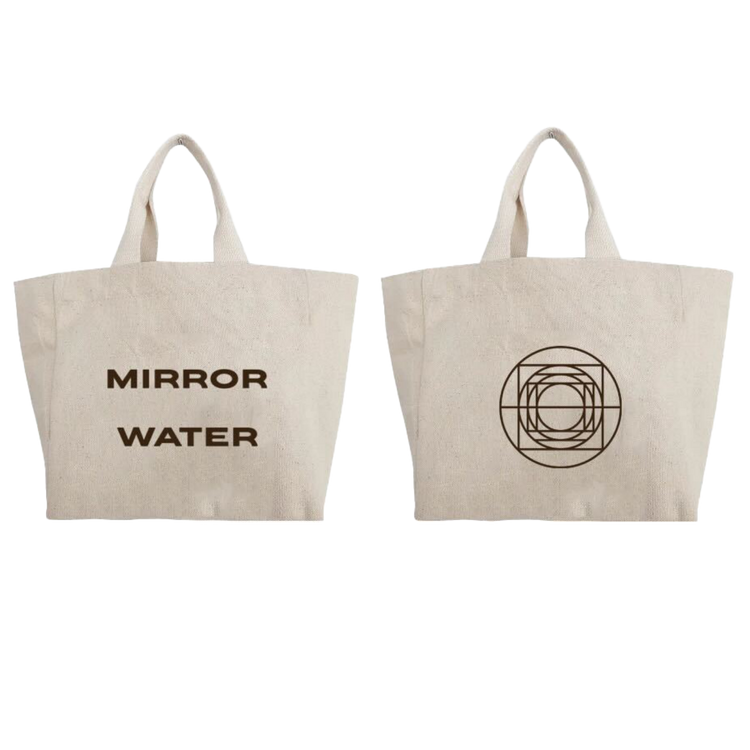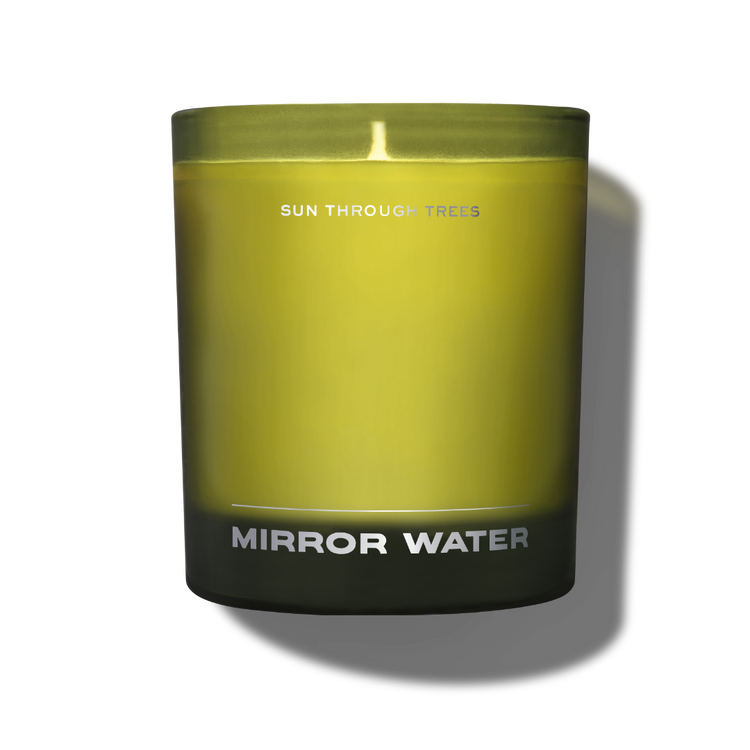
Summertime Sadness: Reflections from the MIRROR WATER Community
How was your summer, really? Maybe it’s just us (big caveat that MIRROR WATER is based in the UK), but this year it felt like summer never quite hit. We haven’t been blessed with a reliable streak of pleasantly balmy days and all of a sudden it’s grey September with its perennial back-to-school mood. So it might be understandable if many of us are feeling a bit out of joint, like we’ve missed out on something that was never really here anyway. For this instalment of our MIRROR WATER Reflections series we’re tackling the topic of summertime sadness and, as usual, we reached out to you via Instagram and asked some searching questions about summer. We had hundreds of candid responses so let’s channel Lana and unpack su-su-summertime sadness.
Summer is undeniably associated with wellness. Longer, lighter days can lift moods, we’re often more active, and we can boost our vitamin production by spending time in the sun. But summer is a divisive season and sadness can creep in during the warmer months, too, either in spite of summer’s benefits or, like this year, when even summer itself stands us up. Some of us even feel pre-emptive sadness for the end of summer. We think summertime sadness means feeling disconnected at times from the joy and energy that others seem to derive from summer itself as well as its associated activities and social emphasis. It can be easy to feel like you’re on the outside of things while seemingly everyone else around you is living their best lives (and sharing it all online).
We were surprised by the first vote: over 80% of the community who voted said that they are either experiencing summertime sadness currently or that they experience it sometimes. A similar percentage said that they feel pressure to make the most of summer, with 40% saying this pressure comes from external sources such as friends and social media, while another 40% said that the pressure they feel actually derives from themselves. 10% shared that winter blues are a greater problem, while just 5% said they never have summertime sadness, voting in favour of ‘never, give me sun’ (we love this for you!).


We asked you to elaborate on summertime sadness and the responses included: feeling trapped inside, feeling like everyone else is happy, feeling guilty about not taking advantage of the weather (or your youth), feeling fatigued or grumpy from the heat, or worrying about summer coming to an end. Single words used to describe summertime sadness ranged from guilt to loneliness to disconnect to pressure to blue, so we panned back to ask about what you think causes those feelings. We lost count of how many of you said that summertime sadness is caused by feeling like we’re not making the most of it. We think we need more tools to remove or reduce this pressure, so we asked for your tried-and-tested suggestions, and have categorised them here:
1. Self-care routines:
Your top tip was the importance of picking what works for you versus what others are doing, and you were adamant that this applies for making summertime plans with friends and family. Many of you also applied this selective approach to your self-care routines. For example, it may seem like everyone else is bopping from a yoga class to the park to a rooftop bar, but that isn’t the only way to enjoy summer. The most popular suggestions for self-care that we can prioritise as much as social plans were long baths (we couldn’t agree more, of course!), little treats, and pursuing new hobbies. We also really liked one person’s suggestion to plan future activities for upcoming seasons and enjoy the process of doing so. Several of you said that being in nature or going for a walk is especially useful in a summer self-care routine because it can serve as a way to feel like you’re making the most of summer without having to be social all the time. The variety within these answers really emphasises that self-care does not have to be prescriptive.
2. Romanticising the present, not the past:
When we dug into the causes of summertime sadness, the responses could be summarised by over-emphasis on romanticising past summers. The MIRROR WATER team chatted about the concept of summertime sadness and time came up a lot—we felt that an important aspect of it is being caught up in time; not quite able to enjoy the present while sometimes ruminating on the past and feeling like the future is racing to meet you. One person described it as a ‘relative to the Sunday scaries’. When we asked you about whether you are prone to feeling ruminative or nostalgic in summer, it was fascinating to see that almost 80% of you do feel that way. The overwhelming majority said they ruminate the most on their childhood and summers of the past, including the feeling of endless summer days and the simplicity of being a child in summer. This makes us wonder if the trend of romanticising day-to-day life could appeal to some of our community as a way to overcome summertime sadness i.e. romanticising the present instead of ruminating on the past.
3. Self-reflection:
Seeking therapy was such a popular suggestion to combat summer blues among the community, and we can see how it would be helpful particularly because certain forms of talking therapies might help to unpack the emphasis on past summers within the community’s answers. The other most common suggestion—journaling—reinforces that self-reflection is a powerful tool in our arsenal. We have devised two sets of journaling prompts based on your most frequent responses to questions about summertime sadness. The first is about the pressure many feel regarding making the most of summer—it could be insightful to freewrite about this to potentially discover where it comes from and why it has power over you, if it does. Is some pressure to enjoy summer useful, like a reminder to be more present? But can that pressure go too far and be counterproductive, a base for excessive self-criticism? The second prompt is about childhood summers—what do you remember about them? Why do you think you focus on childhood during summers as an adult? How might you apply elements of positive memories of those past summers into present summers?


From this deep-dive into summertime sadness we learned that we are a community of homebodies and none of us are alone in experiencing disconnection, rumination or nostalgia during summer, but we also learned that we need to extricate things like pressure and guilt from our summers, perhaps by using the tools above. It’s time to recognise that our self-care needs might vary with the seasons.
















